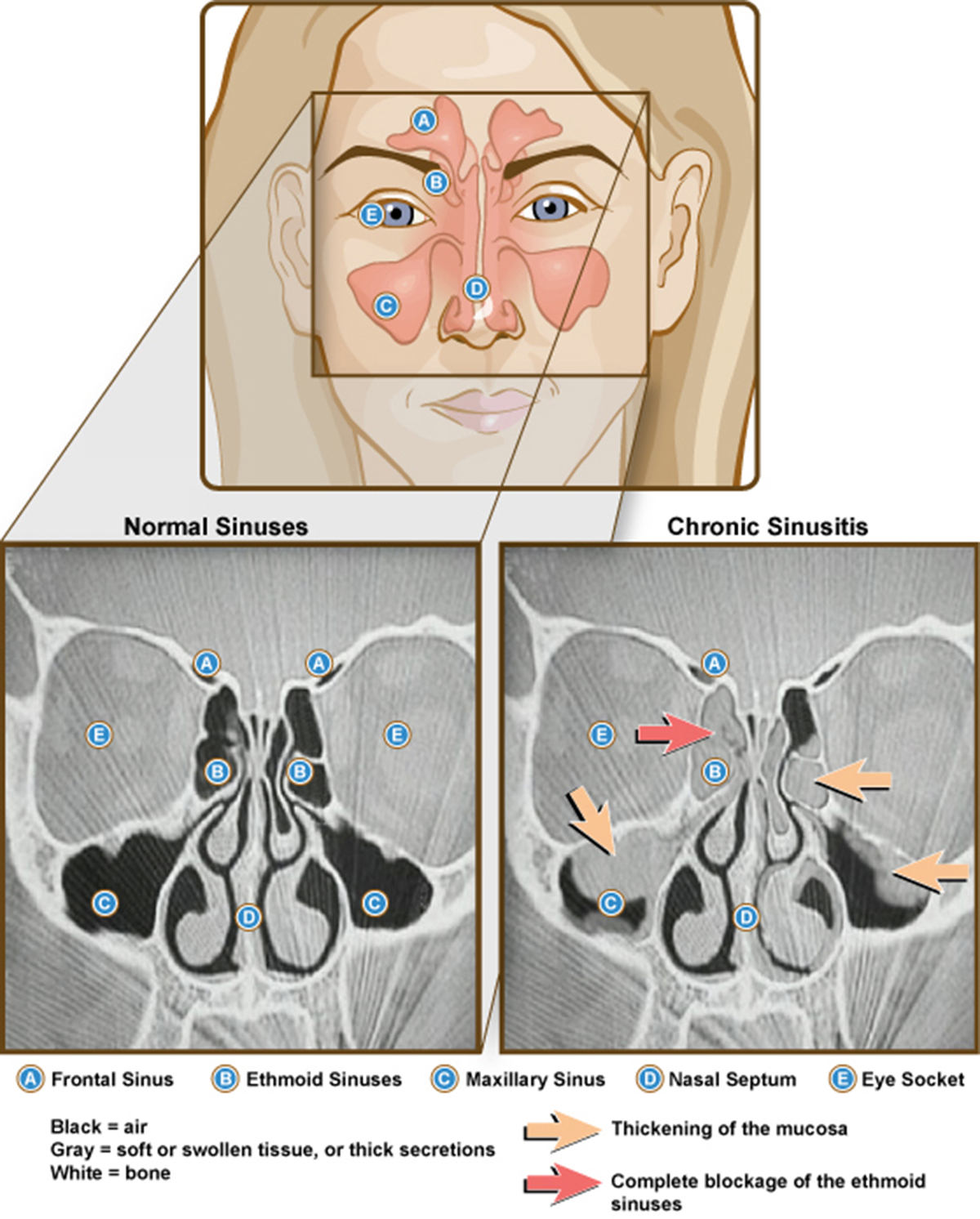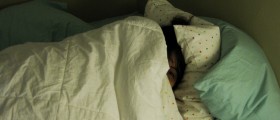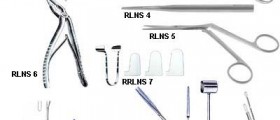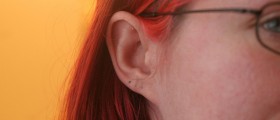
Sinus infection
When the hollow spaces located inthe cheeks and around the eyes (called sinus cavities) become inflamed orinfected, they press on the head or face. This painful condition is known assinusitis and it can be acute, meaning that it appears suddenly, or chronic,usually taking 8 weeks to clear up. Bacteria, viruses and fungi are thethree main causes of sinusitis. In viral sinusitis, the covering of thesinus cavities is inflamed and swollen, thus blockingthe passage of fluid from the sinuses to nose and throat. The accumulated fluidpresents a friendly environment for the growth of bacteria or fungi, andbacterial and fungal infections are more painful, longer-lasting, and tend toturn chronic. Sometimes sinusitis is caused by nasal allergies or theblockage of the nasal passages.
Runny or stuffy nose, along withthe pain and pressure, are the main symptoms of sinusitis. The pain is felt inthe region of the infected sinus, while yellow or green drip can sometimes comefrom the nose or the back of the throat. Apart from these, a person withsinusitis may have a fever, bad breath, headache, pain in the teeth, productivecough and their sense of taste or smell can be reduced. The doctorexamines the patient and takes their medical history to establish a sinusitisdiagnosis.
Although not backed up byscientific evidence, home treatments for sinusitis may alleviate the pain andpressure in acute sinusitis without the use of antibiotics. High fluidintake is recommended to make the mucus thinner, while hot and damp towel canbe put on the face for 5-10 minutes a few times a day. It is advisable thatthe air in the environment of the affected person is moisturized, since cooland dry air aggravate the symptoms. Mucusand bacteria should be washed out of the nasal passages by using home-made saltwater or saline nose drops from the pharmacy. One teaspoon of salt added to apint of water can also be used for gargling. Special attention should bepaid to nose blowing, meaning that nostrils should be kept open and blowingmade gentle, since force can push the mucus back to the sinuses and causefurther blockage.
Over-the-counter drugs like painkillersand decongestants (e.g. nasal spray) help make the symptoms less severe. Whentreating sinusitis in children, parents should strictly stick to doctor’sadvice, especially because cold and cough medications are not recommended forchildren under the age of 2. Nasal sprays should not be used longer than 3days, since they only increase swelling if used longer. Chronic sinusitiscalls for a longer treatment until the sinuses are completely clear.

















Your thoughts on this
Loading...